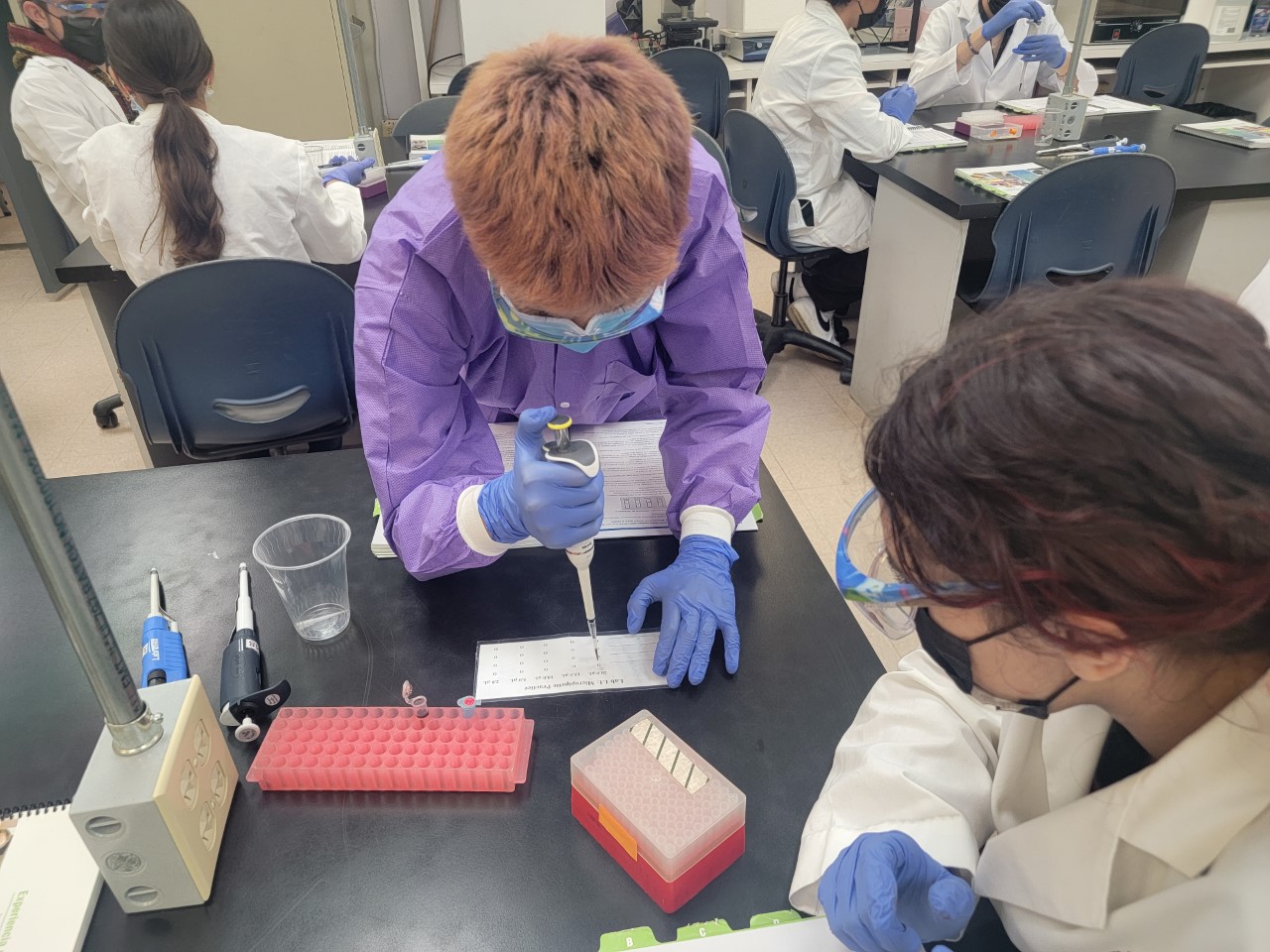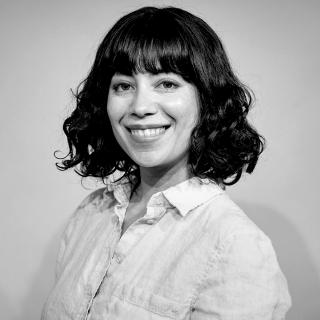
Puerto Rican professor creates new Nanobiotechnology course for high school students
New course debuts at the high school of the University of Puerto Rico, also know as UHS.
A new elective course in science called BIOL 1080 Nanobiotechnology is the gateway that will transport about 20 students at the University of Puerto Rico (UPR) High School to unparalleled experiences.
The course, created by Dr. Keyla Soto Hidalgo, addresses the theory and practice of this advanced discipline in an unprecedented context, since it is the first time a class of this nature has been offered at a higher level.
Soto Hidalgo, assistant professor in the School of Education at the Río Piedras Campus of the UPR, and researcher at CIRE²N, was the one who proposed, designed and administered the pioneering course. CIRE²N is the Center for Innovation, Research and Education based at the Rio Piedras campus. It is there that the doctor works with nanomaterials and mangroves for the remediation of contaminated environments.
As the educator explained, "as part of the curricular revision process of the science area of the UPR High School (UHS), we decided to conduct a needs study for students from 9 to 12 grade, to learn about their interests in new elective courses. In this study several courses were presented that would be newly created, according to the specialty of the professors, in my case I proposed nanobiotechnology."
The administration of the proposed new courses began in January 2022, so the students enrolled, according to their interests. These elective courses have a maximum quota of 25.
RELATED CONTENT
More about BIOL 1080 Nanobiotechnology
This course has stood out for its novel and relevant character, just what curious students want to know, as it is an innovative topic in the sciences.
"The work with students is carried out in the UHS laboratory, which is equipped to perform various experiments. Within the materials for nanotechnology I use the CIRE²N project and in the case of all biotechnology experiences I request the same under the Amgen Biotech Experience program," explained Professor Soto.
"In the course students learn from the basic concepts of nanotechnology and biotechnology to the more analytical and practical part, where they carry out a research project as a working team. Each topic discussed involves both theory and practice, allowing them to learn while building their own understanding of the processes of these two integrated disciplines. Students are divided voluntarily into groups of six work teams composed of four students. Throughout the semester they work in these teams to strengthen collaborative skills. They develop a research proposal and then carry it out in the laboratory for analysis and conclusion. This year it was conducted under the same theme: Gold and iron nanomaterials for determining antibiosis. They selected the sampling sites and carried out their research," she added.

This course is a direct collaboration with CIRE²N, since the outreach component of the proposal included the idea of creating new courses at the Rio Piedras Campus of the University of Puerto Rico (RRP-UPR). For this reason, this elective is understood as an achievement, since it was possible to implement the course, as well as direct collaboration in the creation of nanomaterials with materials provided by the Center.
Dr. Keyla Soto Hidalgo has a major in Environmental Sciences from the Río Piedras Campus of the University of Puerto Rico. She has been working in the field of science education for more than a decade, and her research has focused on the field of nanotechnology for water and soil remediation.











LEAVE A COMMENT:
Join the discussion! Leave a comment.